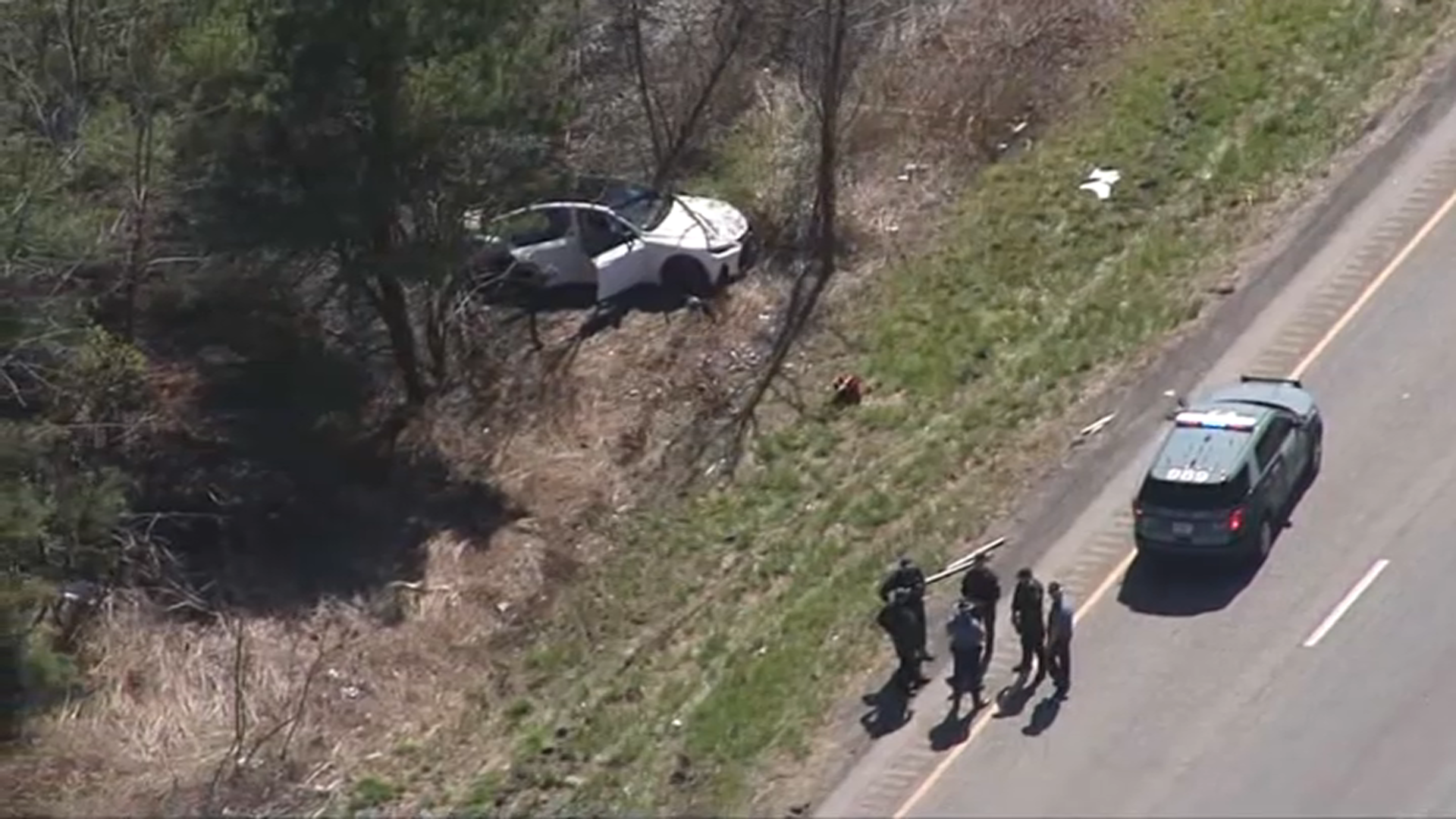(NECN: Greg Wayland) - The weather is taking its toll on one sector of the Massachusetts seafood industry.
Today, they talked about their plight with NECN's Greg Wayland.

Soft shell clams are a sample of the rich harvest of the mudflats north of Boston.
And they are what shellfish-lovers line up for year round at places like the Clam Box in Ipswich, Mass.
And scores of clam-diggers, fathers and sons like Jack Grundstrom and son John, both of Rowley, Mass. have been launching from the town landing all their lives to dig for soft shell clams at low tide. Jack is town Shellfish Constable.
Their Swedish forebears, going back five generations, began the tradition.
55-year-old John has been digging since he was eight. "I do it every day because I can't wait to get up and do it. I absolutely love it."
But in the wake of heavy rains, there is trouble for clammers along the Rowley River and up and down the North Shore.
Local
A twelve-year-old agreement with the Division of Marine Fisheries closes the clam flats for an arbitrary five days when there's a half inch of rainfall -- and for eight days when there's more than a half inch -- all to give shellfish a chance to recover from any contaminating run-off.
The Grundstroms say they've had a couple of rainy years -- even before the March deluge.
John: "I don't believe we've dug in the last, going on almost four weeks. so in a month, we haven't dug a day."
Like so much that is happening in Massachusetts right now. The clam -diggers fortunes are being governed, not just by forces of nature -- but by the economy, and by the state budget.
Jack: "I'd like to see more testing by the state biologists. Probably a couple of days after a rain to go down and see. because we haven't had any bad tests on the rowley river now for six years."
But state biologists are in short supply. And the eight and five- day closure policy is arbitrary.
Have the Grundstroms told the state that, and what do they say?
Jack: "Many times, and they keep saying they're working on it. "
And how many clammers can't make a living?
John: "I would say that when we get a rain closure, between Gloucester to Newbury, you're probably looking at well over four hundred clammers."
Not to mention the impact on the price of clams. The solution, says John Grundstrom is to try and get a little more testing done when there is rain in order to get the areas open.
Then maybe a new generation, like John's seventeen-year -old daughter Kelsey, will keep carrying on the tradition of searching out soft-shell clams at low tide.



